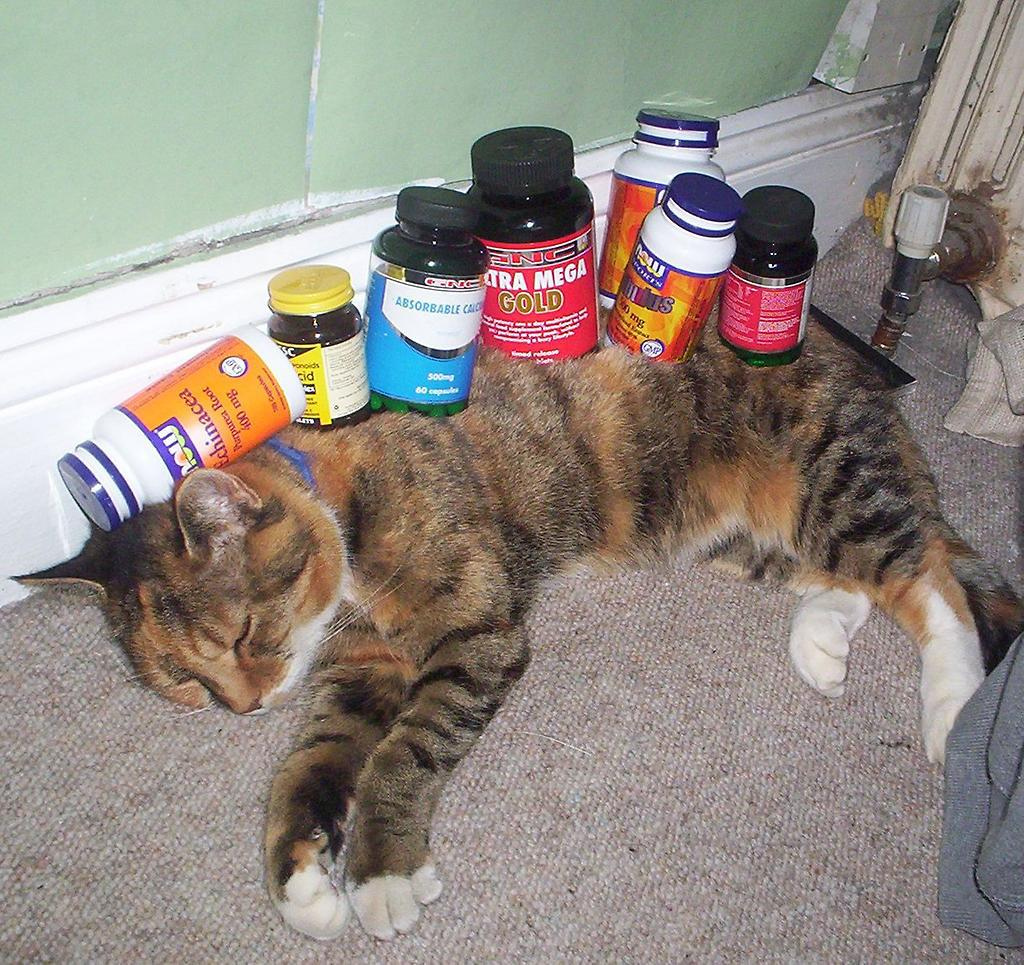Ad Watchdog: Dietary Supplement Claimed To Prevent Cancer Image courtesy of The supplements pictured aren't part of this lawsuit that we know of. (HealthGauge)
The self-regulation body that called out this product was the Council for Responsible Nutrition, a trade association for makers of dietary supplements. They brought the product to the attention of the National Advertising Division, an ad self-regulation body run by the Council of Better Business Bureaus. CRN had a really important concern: this product’s marketing appears to say that it prevents cancer.
Maybe it’s just a case of the marketing materials’ weasel words not being weasely enough, but the biggest problem is right there in the name: the product from All Health Systems is called “Big C,” and doesn’t even contain vitamin C. The name does imply that the product treats or prevents cancer, and the supplement-maker doesn’t present any proof that that it does.
In the marketing materials cited by NAD, the company makes the following claims:
The problem is that while some ingredients might individually have an effect on cancer cells, that doesn’t mean that they do in combination after passing through the digestive system.
What it does have is cayenne pepper, garlic oil, mushrooms, and turmeric, which sounds more like something I would have for lunch than a nutritional supplement.
Fortunately, after being called out for problematic marketing by its own industry and the NAD, the maker of “Big C” promises to change the wording on the product’s page as soon as they regain access to their pages after a “malicious server issue.”
Want more consumer news? Visit our parent organization, Consumer Reports, for the latest on scams, recalls, and other consumer issues.


